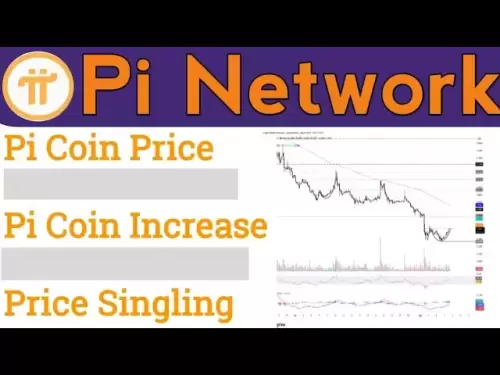-
 Bitcoin
Bitcoin $116900
0.00% -
 Ethereum
Ethereum $4280
5.48% -
 XRP
XRP $3.265
-1.45% -
 Tether USDt
Tether USDt $1.000
-0.01% -
 BNB
BNB $807.0
1.41% -
 Solana
Solana $183.1
2.93% -
 USDC
USDC $0.9999
0.00% -
 Dogecoin
Dogecoin $0.2440
6.50% -
 TRON
TRON $0.3357
-0.88% -
 Cardano
Cardano $0.8178
2.63% -
 Hyperliquid
Hyperliquid $44.13
7.45% -
 Chainlink
Chainlink $21.39
9.09% -
 Stellar
Stellar $0.4524
-0.84% -
 Sui
Sui $3.957
2.13% -
 Bitcoin Cash
Bitcoin Cash $572.7
-2.54% -
 Hedera
Hedera $0.2671
1.54% -
 Avalanche
Avalanche $24.77
4.17% -
 Ethena USDe
Ethena USDe $1.001
0.02% -
 Litecoin
Litecoin $122.3
-1.94% -
 Toncoin
Toncoin $3.432
2.26% -
 UNUS SED LEO
UNUS SED LEO $9.007
0.49% -
 Shiba Inu
Shiba Inu $0.00001396
5.26% -
 Uniswap
Uniswap $11.09
1.64% -
 Polkadot
Polkadot $4.155
4.57% -
 Dai
Dai $1.000
0.00% -
 Pepe
Pepe $0.00001253
5.11% -
 Cronos
Cronos $0.1588
2.67% -
 Bitget Token
Bitget Token $4.512
0.05% -
 Monero
Monero $275.0
0.64% -
 Ethena
Ethena $0.7527
15.10%
What collateral assets does OKX's leveraged trading support?
OKX supports various collateral assets for leveraged trading, including cryptocurrencies, stablecoins, and OKB, each offering unique benefits and risks for traders.
Apr 20, 2025 at 04:15 am
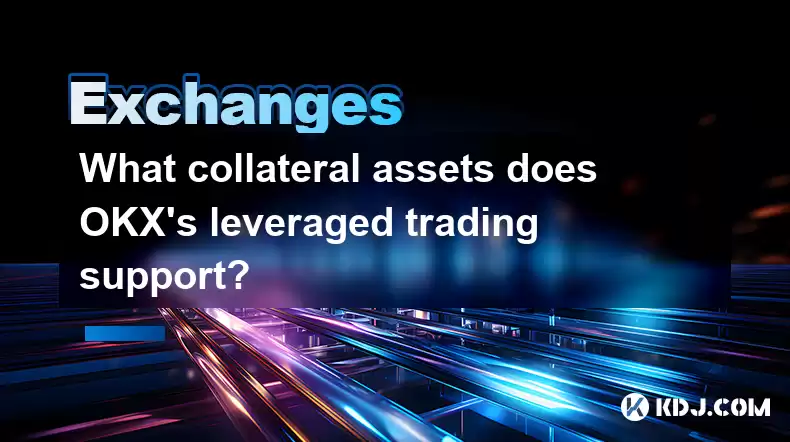
OKX, one of the leading cryptocurrency exchanges, offers a robust platform for leveraged trading, allowing users to amplify their trading positions using various collateral assets. Understanding the types of collateral assets supported by OKX is crucial for traders looking to maximize their trading strategies. This article delves into the specifics of the collateral assets available for leveraged trading on OKX, providing detailed insights into each type.
Types of Collateral Assets Supported by OKX
OKX supports a variety of collateral assets for leveraged trading, catering to different trader preferences and risk appetites. The primary types of collateral assets include cryptocurrencies, stablecoins, and OKB, the native token of the OKX ecosystem. Each type of collateral has its own set of advantages and considerations, which traders must understand to make informed decisions.
Cryptocurrencies as Collateral
Cryptocurrencies such as Bitcoin (BTC), Ethereum (ETH), and other major altcoins are widely accepted as collateral for leveraged trading on OKX. Using cryptocurrencies as collateral allows traders to leverage their existing holdings to open larger positions. However, the volatility of cryptocurrencies can pose a higher risk, as the value of the collateral can fluctuate significantly.
- Bitcoin (BTC): As the most widely recognized cryptocurrency, BTC is a popular choice for collateral. Traders can use their BTC holdings to secure leveraged positions, benefiting from the liquidity and widespread acceptance of Bitcoin.
- Ethereum (ETH): ETH is another commonly used collateral asset on OKX. Its versatility and the growing ecosystem of decentralized applications make it an attractive option for traders looking to leverage their ETH holdings.
- Other Altcoins: OKX also supports a range of other altcoins as collateral, such as Litecoin (LTC), Ripple (XRP), and Cardano (ADA). These altcoins offer traders additional flexibility but may come with higher volatility and liquidity risks.
Stablecoins as Collateral
Stablecoins are another popular choice for collateral on OKX, offering a more stable value compared to volatile cryptocurrencies. Stablecoins are pegged to fiat currencies like the US Dollar, providing a more predictable collateral value. This stability can be advantageous for traders looking to minimize the risk of liquidation due to collateral value fluctuations.
- USDT (Tether): USDT is one of the most widely used stablecoins on OKX. Its peg to the US Dollar makes it a reliable collateral option for traders seeking stability.
- USDC (USD Coin): Similar to USDT, USDC is another stablecoin pegged to the US Dollar. It is fully backed by US dollars, offering an additional layer of security for traders.
- Other Stablecoins: OKX also supports other stablecoins like DAI, which is pegged to the US Dollar but operates on a decentralized system. These stablecoins provide traders with more options for collateral, each with its own unique features and benefits.
OKB as Collateral
OKB, the native token of the OKX ecosystem, is also accepted as collateral for leveraged trading. OKB offers unique benefits to traders, including reduced trading fees and access to exclusive features on the OKX platform. Using OKB as collateral can be an attractive option for traders who are deeply integrated into the OKX ecosystem.
- Benefits of Using OKB: Traders using OKB as collateral can enjoy lower trading fees, which can enhance their overall trading profitability. Additionally, OKB holders may have access to special promotions and events on the OKX platform.
- Risks and Considerations: While OKB offers several advantages, traders should be aware of its volatility and the potential impact on their collateral value. It is essential to monitor the OKB market closely when using it as collateral.
How to Use Collateral for Leveraged Trading on OKX
Using collateral for leveraged trading on OKX involves several steps, which traders must follow carefully to ensure a smooth trading experience. Here is a detailed guide on how to use different types of collateral for leveraged trading on OKX:
- Log into Your OKX Account: Start by logging into your OKX account. Ensure that you have the necessary collateral assets in your wallet.
- Navigate to the Leveraged Trading Section: Once logged in, navigate to the leveraged trading section of the OKX platform. This section is typically found under the trading or derivatives menu.
- Select Your Collateral Asset: Choose the collateral asset you wish to use for your leveraged trade. This could be a cryptocurrency, stablecoin, or OKB.
- Set Your Leverage and Position Size: Determine the leverage level and the size of your position. OKX offers various leverage options, allowing traders to customize their trading strategy.
- Review and Confirm Your Trade: Before executing the trade, review all the details, including the collateral amount, leverage level, and potential liquidation price. Once satisfied, confirm the trade to open your leveraged position.
- Monitor Your Position: After opening your leveraged position, monitor it closely to manage risks effectively. Keep an eye on the market conditions and the value of your collateral to avoid liquidation.
Risk Management and Collateral Considerations
Effective risk management is crucial when using collateral for leveraged trading on OKX. Traders must consider several factors to protect their investments and maximize their trading potential.
- Collateral Value Fluctuations: The value of your collateral can fluctuate, affecting your leveraged position. It is essential to choose collateral assets that align with your risk tolerance and trading strategy.
- Liquidation Risks: If the value of your collateral falls below a certain threshold, your position may be liquidated. Understanding the liquidation mechanics and setting appropriate stop-loss orders can help mitigate this risk.
- Diversification: Diversifying your collateral assets can help spread risk and enhance your trading strategy. Consider using a mix of cryptocurrencies, stablecoins, and OKB to balance stability and potential returns.
Frequently Asked Questions
Q: Can I use multiple types of collateral for a single leveraged position on OKX?
A: Yes, OKX allows traders to use multiple types of collateral for a single leveraged position. This flexibility enables traders to diversify their collateral and manage risk more effectively.
Q: What happens if the value of my collateral drops significantly?
A: If the value of your collateral drops significantly, your leveraged position may be at risk of liquidation. OKX will automatically liquidate your position if the collateral value falls below the maintenance margin level to protect the platform and other traders.
Q: Are there any fees associated with using different types of collateral for leveraged trading on OKX?
A: Yes, OKX charges various fees for leveraged trading, including trading fees and funding fees. The specific fees can vary depending on the type of collateral used and the leverage level. It is important to review the fee structure on the OKX platform before engaging in leveraged trading.
Q: Can I withdraw my collateral while maintaining an open leveraged position?
A: No, you cannot withdraw your collateral while maintaining an open leveraged position. The collateral is locked as security for the leveraged trade and can only be withdrawn after closing the position or if additional collateral is added to cover the position.
Disclaimer:info@kdj.com
The information provided is not trading advice. kdj.com does not assume any responsibility for any investments made based on the information provided in this article. Cryptocurrencies are highly volatile and it is highly recommended that you invest with caution after thorough research!
If you believe that the content used on this website infringes your copyright, please contact us immediately (info@kdj.com) and we will delete it promptly.
- Crypto Gains, Strategy, and Millions: Decoding the Hottest Trends
- 2025-08-10 14:30:12
- Coinbase Dives into DEX Trading: A New Era for US Crypto Users (Except You, New York!)
- 2025-08-10 14:30:12
- Kaspa (KAS) Price Prediction: August 10th's Breakout Watch
- 2025-08-10 14:50:12
- Humanity Protocol Mainnet Launch: A New Era of Crypto Integration?
- 2025-08-10 14:50:12
- TRX, SUI, and MAGACOIN: Altcoins Primed for a 2025 Takeover?
- 2025-08-10 14:55:11
- Cold Wallet's Presale: A High ROI Haven in the Crypto Storm
- 2025-08-10 12:50:11
Related knowledge
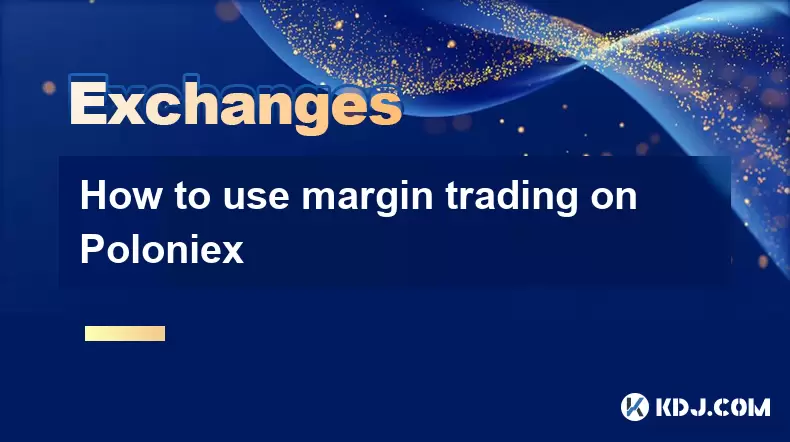
How to use margin trading on Poloniex
Aug 08,2025 at 09:50am
Understanding Margin Trading on Poloniex
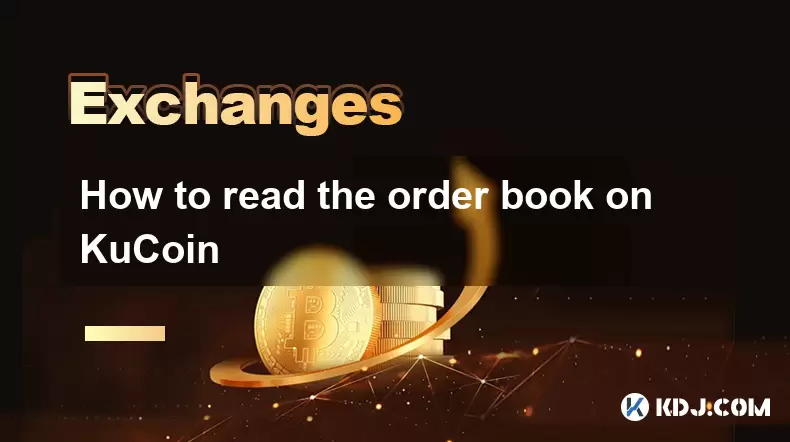
How to read the order book on KuCoin
Aug 10,2025 at 03:21pm
Understanding the Order Book Interface on KuCoinWhen accessing the order book on KuCoin, users are presented with a real-time display of buy and sell ...
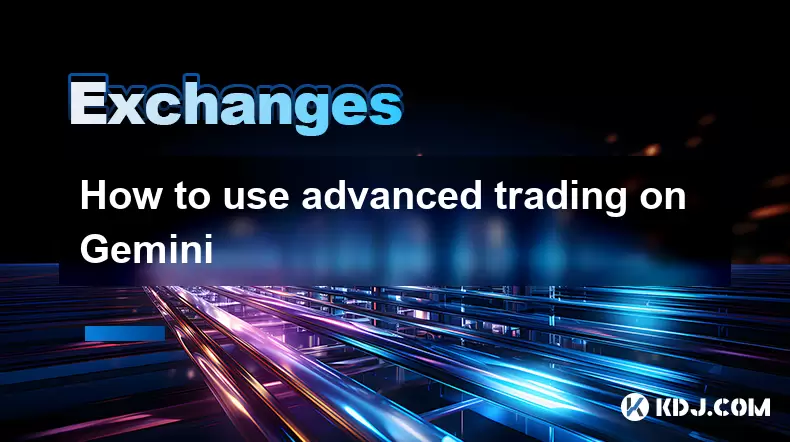
How to use advanced trading on Gemini
Aug 08,2025 at 04:07am
Understanding Advanced Trading on GeminiAdvanced trading on Gemini refers to a suite of tools and order types designed for experienced traders who wan...
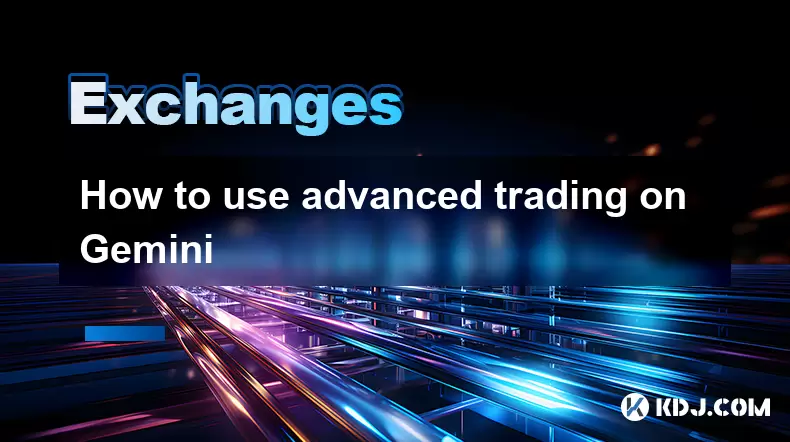
How to use advanced trading on Gemini
Aug 08,2025 at 10:56pm
Understanding Advanced Trading on GeminiAdvanced trading on Gemini refers to the suite of tools and order types available on the Gemini ActiveTrader p...
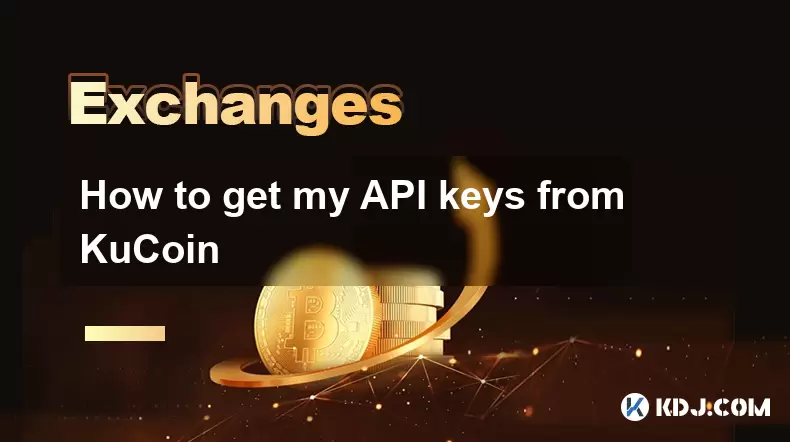
How to get my API keys from KuCoin
Aug 08,2025 at 06:50pm
Understanding API Keys on KuCoinAPI keys are essential tools for users who want to interact with KuCoin's trading platform programmatically. These key...
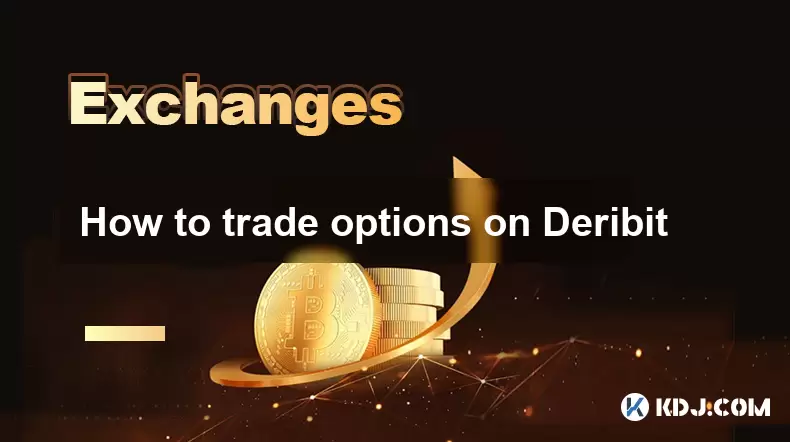
How to trade options on Deribit
Aug 09,2025 at 01:42am
Understanding Deribit and Its Options MarketDeribit is a leading cryptocurrency derivatives exchange that specializes in Bitcoin (BTC) and Ethereum (E...

How to use margin trading on Poloniex
Aug 08,2025 at 09:50am
Understanding Margin Trading on Poloniex

How to read the order book on KuCoin
Aug 10,2025 at 03:21pm
Understanding the Order Book Interface on KuCoinWhen accessing the order book on KuCoin, users are presented with a real-time display of buy and sell ...

How to use advanced trading on Gemini
Aug 08,2025 at 04:07am
Understanding Advanced Trading on GeminiAdvanced trading on Gemini refers to a suite of tools and order types designed for experienced traders who wan...

How to use advanced trading on Gemini
Aug 08,2025 at 10:56pm
Understanding Advanced Trading on GeminiAdvanced trading on Gemini refers to the suite of tools and order types available on the Gemini ActiveTrader p...

How to get my API keys from KuCoin
Aug 08,2025 at 06:50pm
Understanding API Keys on KuCoinAPI keys are essential tools for users who want to interact with KuCoin's trading platform programmatically. These key...

How to trade options on Deribit
Aug 09,2025 at 01:42am
Understanding Deribit and Its Options MarketDeribit is a leading cryptocurrency derivatives exchange that specializes in Bitcoin (BTC) and Ethereum (E...
See all articles

























